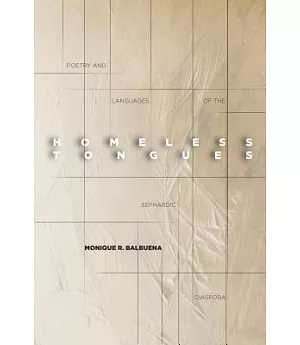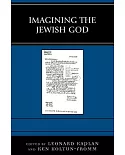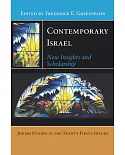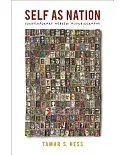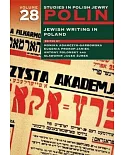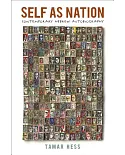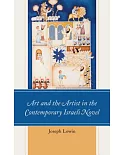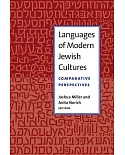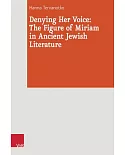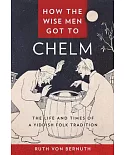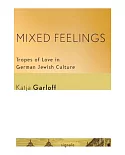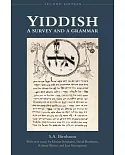This book examines a group of multicultural Jewish poets to address the issue of multilingualism within a context of minor languages and literatures, nationalism, and diaspora. It introduces
three writers working in minor or threatened languages who challenge the usual consensus of Jewish literature: Algerian Sadia Lévy, Israeli Margalit Matitiahu, and Argentine Juan Gelman. Each
of themLévy in French and Hebrew, Matitiahu in Hebrew and Ladino, and Gelman in Spanish and Ladinoexpresses a hybrid or composite Sephardic identity through a strategic choice of competing
languages and intertexts. Monique R. Balbuena’s close literary readings of their works, which are mostly unknown in the United States, are strongly grounded in their social and historical
context. Her focus on contemporary rather than classic Ladino poetry and her argument for the inclusion of Sephardic production in the canon of Jewish literature makeHomeless Tongues a
timely and unusual intervention.

